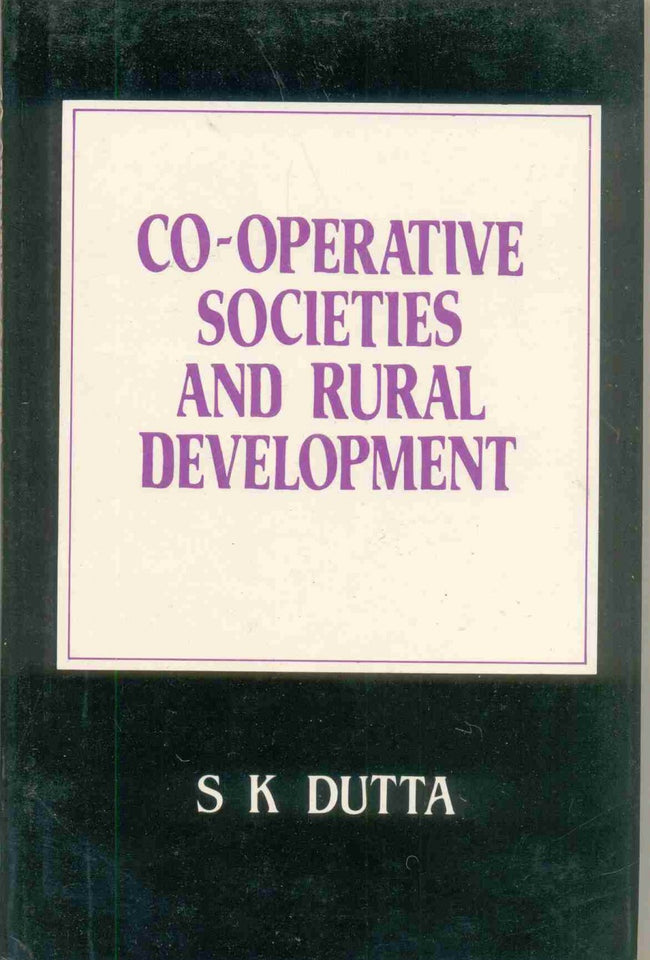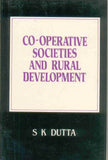Co-Operative Societies and Rural Development
Regular price
Rs. 195.00
In India co-operatives have been assigned a very significant role in the task of rural development particularly in eradicating poverty and unemployment. Today co-operatives are one of the most widely distributed institutions as they have been set up at the grass root levels in every nook and corner of the country. It has covered 93 percent of the villages and 40 percent of our population. But the co-operative movement in India has not succeeded in realising its objective of acting as an effective agency of rural development. Co-operation in India is still nourished by the government. It has yet to stand on its own feet. In Assam too, the various types of co-operatives that are in existence have to depend on the government patronage.The present work which is a political economic study of the co-operatives, based on an empirical method, analyses the role of Gaon Panchayat level co-operative societies in rural development of Assam. The author attempts to unfold the leadership pattern in the village co-operatives, examines the extent of politicization and vested interests that have crept into these institutions, identify the factors inhibiting its growth and development and suggest measures for revitalising the co-operative institutions in the country. The book is likely to prove highly useful to the researchers, academics and policy makers.
Dr. Siba Kanta Dutta (b.1946), presently lecturer in the Department of Political Science, D.H.S.K. College, Dibrugarh, Assam is a seasoned teacher of more than two decades standing. He got his M.A. degree with a first class from Gauhati University in 1968 and doctoral degree from Dibrugarh University in 1989.
Guaranteed Safe Checkout





